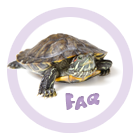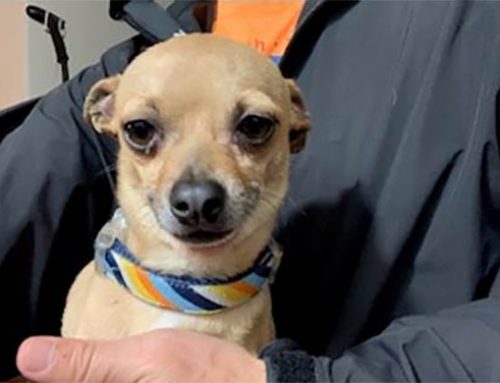Food is a culprit for some of the most common holiday pet emergencies. Be cautious of the following:
*Dark and baker’s chocolate. While milk chocolate is not poisonous, it will cause a pet to have an upset stomach. On the other hand, dark chocolate and baker’s chocolate contain high levels of theobromine and caffeine. Animals are extremely sensitive to both, and ingesting either type of chocolate could be fatal.
*Chocolate gold coins. These treats—sometimes used in Hanukkah and Christmas traditions—should be kept in a location that cannot be accessed by pets. Not only do the chocolate coins contain theobromine and caffeine, but the shiny foil wrappers can also cause intestinal issues if digested.
*Xylitol. This sugar substitute causes a dog’s blood sugar to drop quickly. This poisoning can be treated but causes liver failure if not treated properly.
*Macadamia nuts. Dogs experience severe weakness in their back legs, appearing paralyzed, after ingesting macadamia nuts. Dogs usually recover from this condition within three days.
*Holiday spices. Spices commonly used in holiday foods and treats, such as nutmeg and cinnamon, can cause a variety of issues—from mild stomach upset and blisters in the mouth to more severe symptoms like vomiting and hallucinations—if consumed in large quantities.
*Turkey stuffing. While some holiday staples, like turkey, are okay for pets, be sure to remove any excess fat and skin and be wary of turkey stuffing. Stuffing often contains onions and/or garlic, both of which can cause potentially dangerous anemia if consumed in large quantities.
*Bread dough. When bread dough is ingested it continues to rise, causing an intestinal blockage.
*Latkes and sufganiyot. For pets, ingestion of these Hanukkah treats could result in a variety of gastrointestinal issues, including vomiting and diarrhea. Also, some ingredients can have even more dangerous consequences. The onions in latkes, for example, can cause Heinz body anemia in both cats and dogs.
If a pet ingests any potentially harmful product, call a veterinarian or a local emergency animal hospital immediately.








